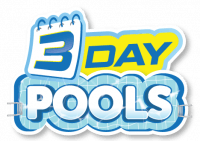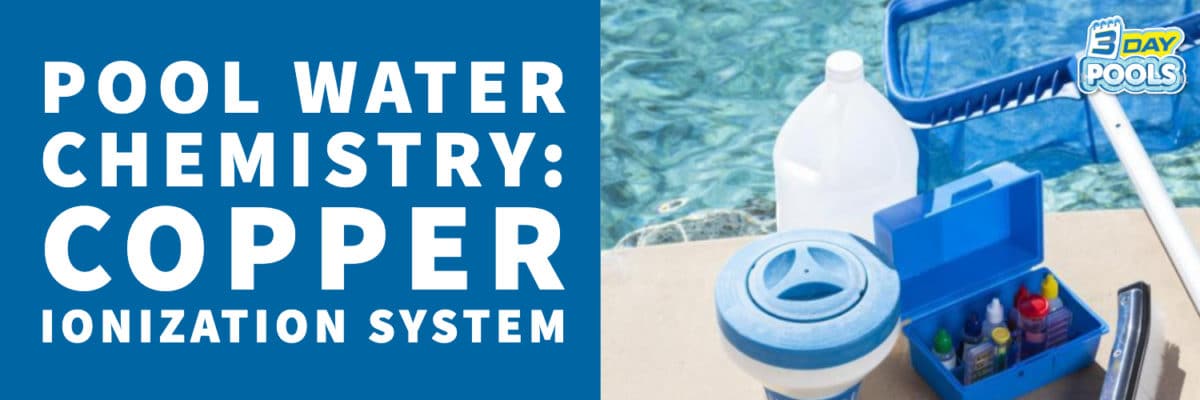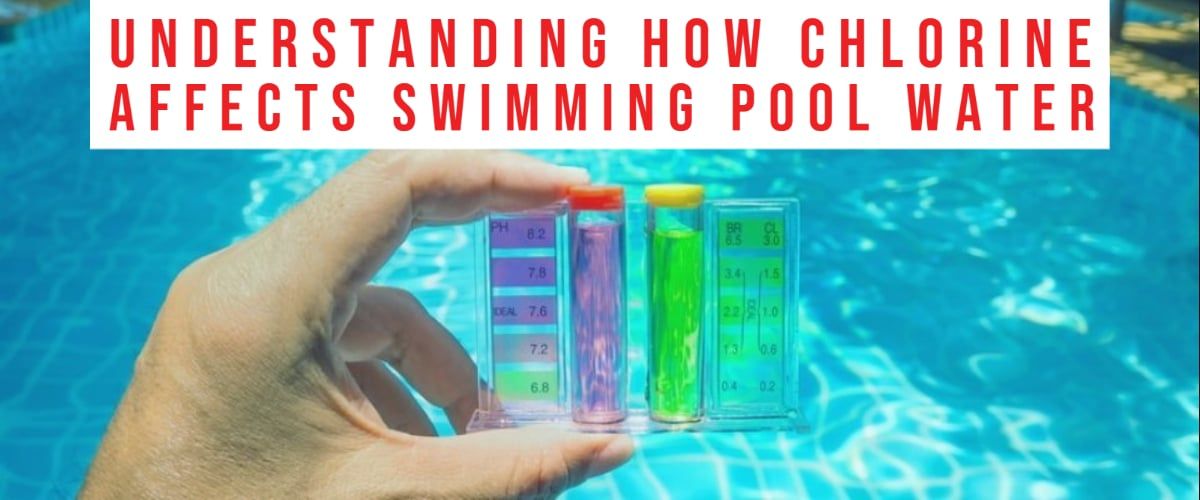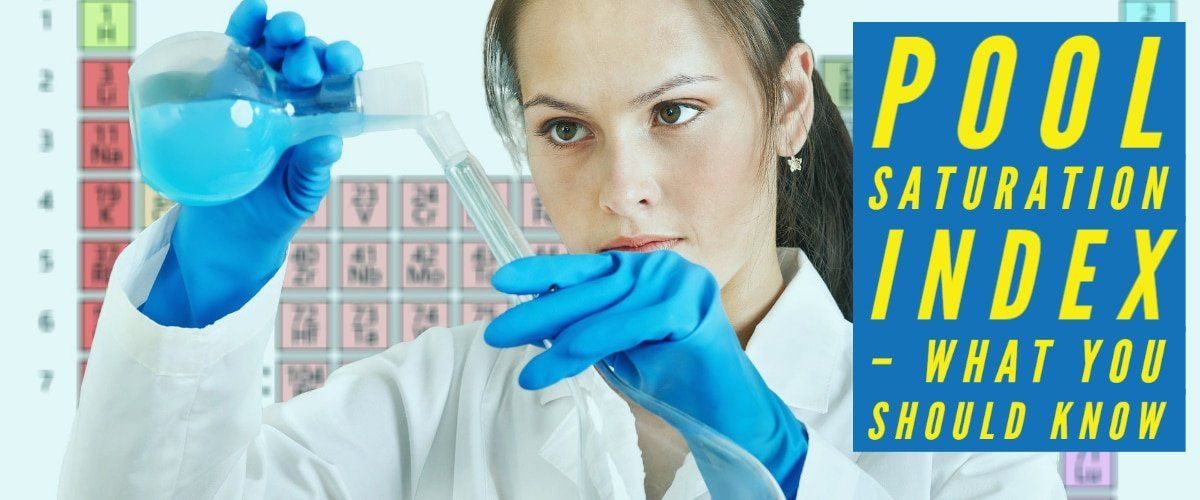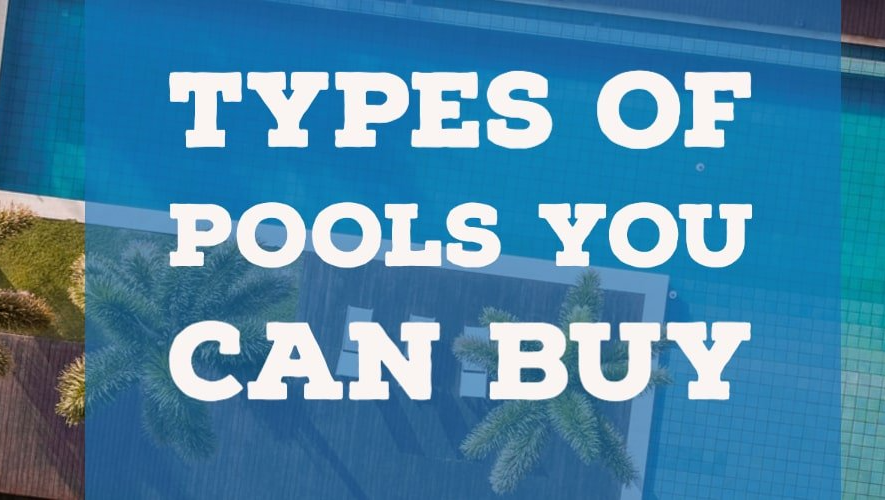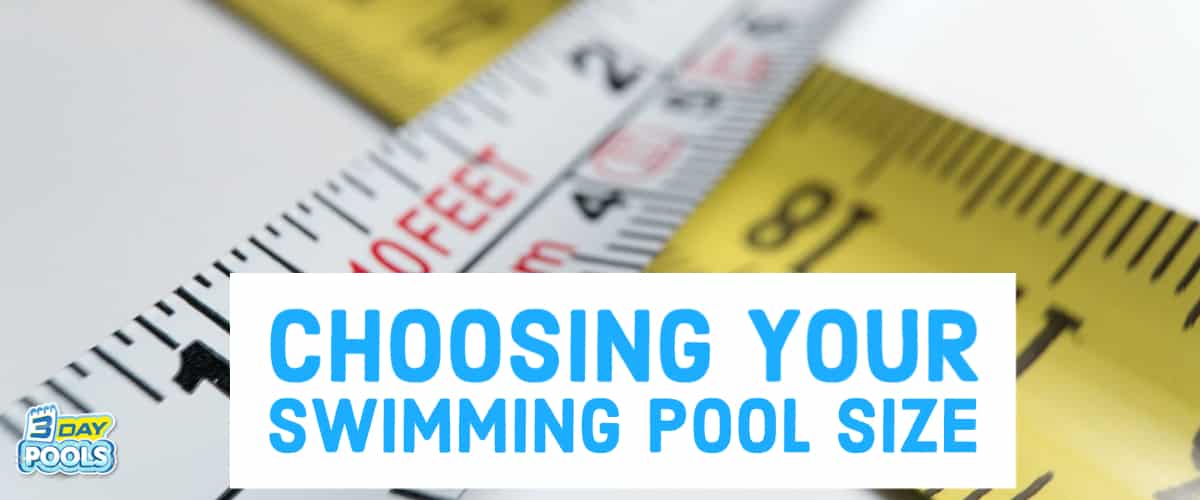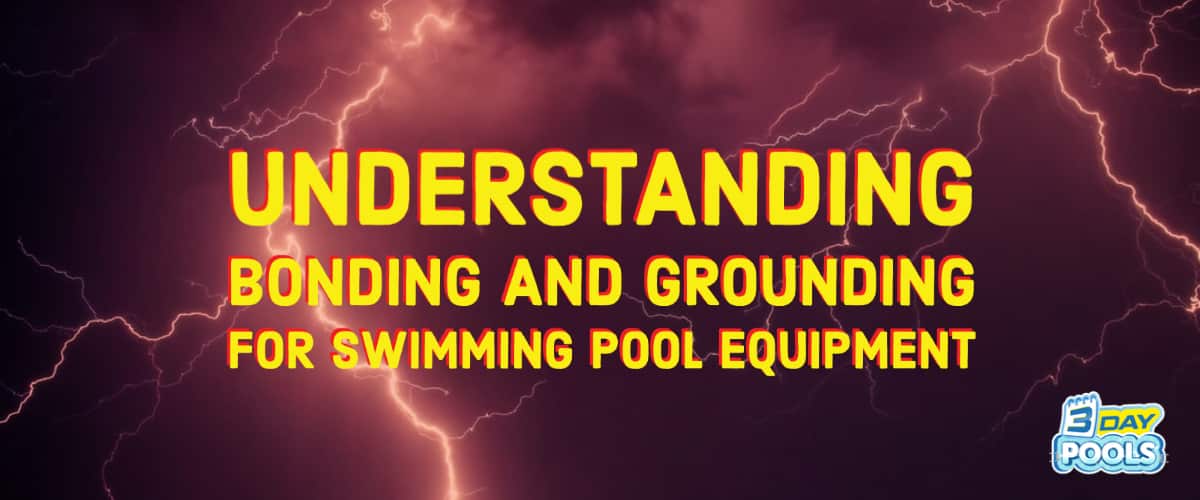416-268-4493
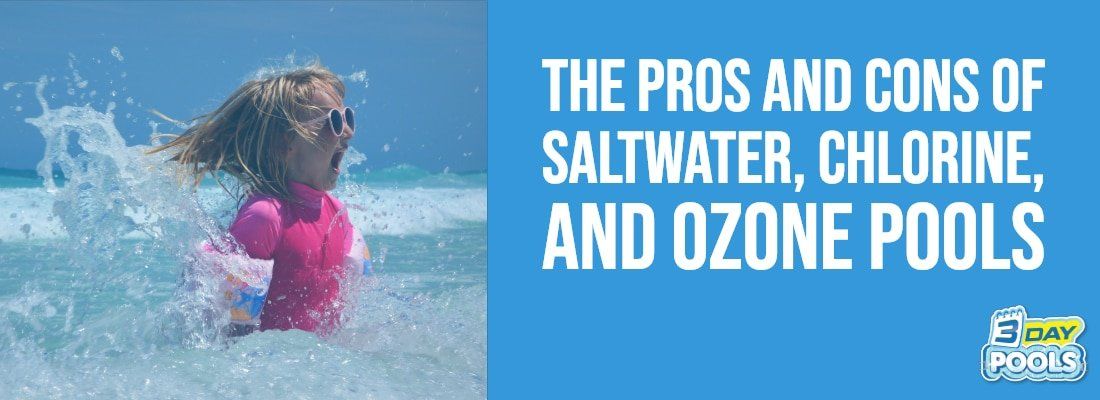
Salt Water Chlorine Generators
How Long Should They Last?
You’ve done your research and have considered all the options. Now you’re ready to make the decision to install a swimming pool.
While you’ve tackled the big issues such as the type of pool, budget, and landscaping, you also have to consider how you plan to keep the water clean and sparkling. We all have fun summer memories of playing in chlorinated pools. Who can forget the smell on our skin and hair and our faded, sagging bathing suits?
Nowadays, there are other options available besides chlorine pools. Saltwater ozone pools are challenging chlorine pools in a big way.
Best Options for Keeping Your Pool Clean
No one can argue that swimming pools are great additions to your property. Adding features like waterfalls and spas can transform your yard into a serene oasis. However, regardless of the type, size, shape, and additional features you choose, keeping the water clean will remain top priority.
Any amount of standing water, including those used in infinity pools, will eventually attract algae and bacteria if not correctly treated. Chlorine is a universal option for most pools, but is this the best choice for your pool? It’s important to compare chlorine with the newer options available today.
Chlorine
You may have spent your summers in a chlorine pool, but chances are you’ve never really given much thought to what chlorine actually is. Chlorine is a chemical found in bleach that also sanitizes your pool. It’s cheap, easy to use, and something homeowners can handle. It also doesn’t harm your pool. The flip side is that chlorine dries your skin, irritates your eyes and mucous membranes, discolours your hair, and deteriorates fabrics. It also requires consistent maintenance to maintain proper levels. Is chlorine really safe for our children?
Saltwater
Interestingly, saltwater pools also contain chlorine, but much less than chlorine pools. How does it work? When you add salt to the pool, electricity is used to turn it into hypochlorous acid, or chlorine. What’s different is that chlorine is produced at a slower rate. This means less maintenance and a much more body and fabric friendly result. And while you may think saltwater is like swimming in the ocean, the salt concentration more closely resembles tears, making it much less harsh.
Unfortunately, saltwater is more expensive than chlorine because you must purchase a generator to convert the salt. Also keep in mind that saltwater may damage pool linings and surrounding areas.
Ozone
Keeping your pool clean is important to repel algae and harmful bacteria. This is the advantage of ozone. Ozone generators also assist in better filter function, eliminate anything undesirable in the water, and produce sparkling water with none of the disadvantages of chlorine.
This is perfect for those sensitive to chlorine or even the lower amounts in saltwater pools. Ozone generators run on electricity, eliminating the need to add chemicals to your pool and saving you time spent on maintenance. However, they’re initially more expensive and many pool service technicians aren’t properly trained to service them.
How Much Is Each System?
If you’ve done your homework on the costs of installing the pool of your choice, then you should also know the costs of keeping the pool clean. It may seem like a chore, but remember that proper water maintenance is the best way to protect your investment, especially considering that an average pool costs $29,000 + to install.
Chlorine
Start-up costs for chlorine are low, but the ongoing investment will eventually add up once you factor in chlorine, shock, test kits, and other necessary items. Chlorine pools average between $300–$800 annually in materials.
Saltwater
Saltwater pools are more expensive to set up as generators range between $400–$1800, while installation averages between $300–$500. However, you’ll compensate with lower annual chemical and maintenance costs. These typically run between $70-$100, allowing the system to pay for itself long term. You’ll also have to factor in an annual electricity cost of $36–$48.
Ozone
Ozone is a great choice because it involves no chemical or yearly maintenance costs beyond the electricity required to operate it — around $40. However, generators range between $400–$1800, with installation averaging $300 +. Ozone does pay for itself over time by reducing maintenance costs and avoiding leaks and other damage sometimes caused by chlorine and saltwater pools.
Types of Maintenance
You want to enjoy your pool, not spend time maintaining it. So what are the best options?
Chlorine
Chlorine pools demand the highest maintenance. You’ll have to test the pool water daily and add the necessary chemicals to properly maintain it. This may involve periodically “shocking” the pool with extra chlorine. For some homeowners, this daily routine presents no problem. For others, it may be a challenge to correctly balance the levels. You’ll also have to monitor your filters because chlorine won’t affect surface particles such as pollen and other debris. Many homeowners simply find it easier to hire a professional cleaning service.
Saltwater
Saltwater pools require less maintenance than chlorine pools because generators release the correct amount of chlorine for the pool. You only need to add the right amount of salt recommended for the pool size. One advantage is that there’s no testing involved, making this a maintenance plus. You’ll still need to filter the pool and skim the surface since the salt/chlorine mixture doesn’t eliminate surface particulates.
Ozone
Ozone pools have the lowest amount of maintenance. There’s nothing to add; no levels to check. The generator even helps your filters work more efficiently, so you may not even need a cover when the pool isn’t being used. If you want a maintenance-free pool that’s always clean and sparkling, ozone is the best option.
What are Some of the Health Issues?
Pools offer fun, exercise, and recreation all in your back yard. But they can also present some health issues if you’re not diligent. Some of these are related to the system you choose:
Chlorine
Many people are sensitive to chlorine, especially when levels are high. Chlorine isn’t skin or bathing suit friendly. More importantly, if levels aren’t properly maintained, chlorine pools can soon harbor algae and unsafe levels of bacteria.
Saltwater
Saltwater pools are a better option than chlorine because they’re so much easier to maintain. You don’t have to be so concerned about bacteria growth, and lower chlorine levels aren’t as irritating to bodies and bathing suits. However, those particularly sensitive to chlorine may still experience irritation. Saltwater may also damage your installation, including wood decking and natural stone pavers. Keep in mind that salt isn’t always healthiest for the environment either, especially if you live in a watershed area or use groundwater for wells.
Ozone
Ozone pools offer the easiest means to sanitize the water without unpleasant side effects. Without chemicals there’s virtually no irritation, and because ozone pools are so easy to maintain, there’s no opportunity for bacteria to grow.
The last option is a Mineral Ionization Pool
Which Pool Is Right for You?
Chlorine pools are the most inexpensive to set up, but are time-consuming and costly in the long term. Overall, saltwater pools are lower in cost, but they can adversely affect their surroundings. Ozone pools are initially more expensive than traditional chlorine pools, but you’ll compensate with much less time and money spent on maintenance. All options provide a safe, healthy pool to enjoy.
Ultimately, you’ll have to weigh the pros and cons before making a final decision, which includes upfront and ongoing expenses, costs and maintenance, and your level of involvement. By taking care of your pool and choosing the right system, you’ll enjoy a clean, healthy pool for years to come.
OUR RELATED SWIMMING POOL TOPICS
Pool & landscape products specifications are believed to be accurate at the time of original publication.
Viewers should verify specifications & installation requirements with the installing dealer or manufacture’s manual rather than relying on information on this website, which is not intended to be a final specification.
